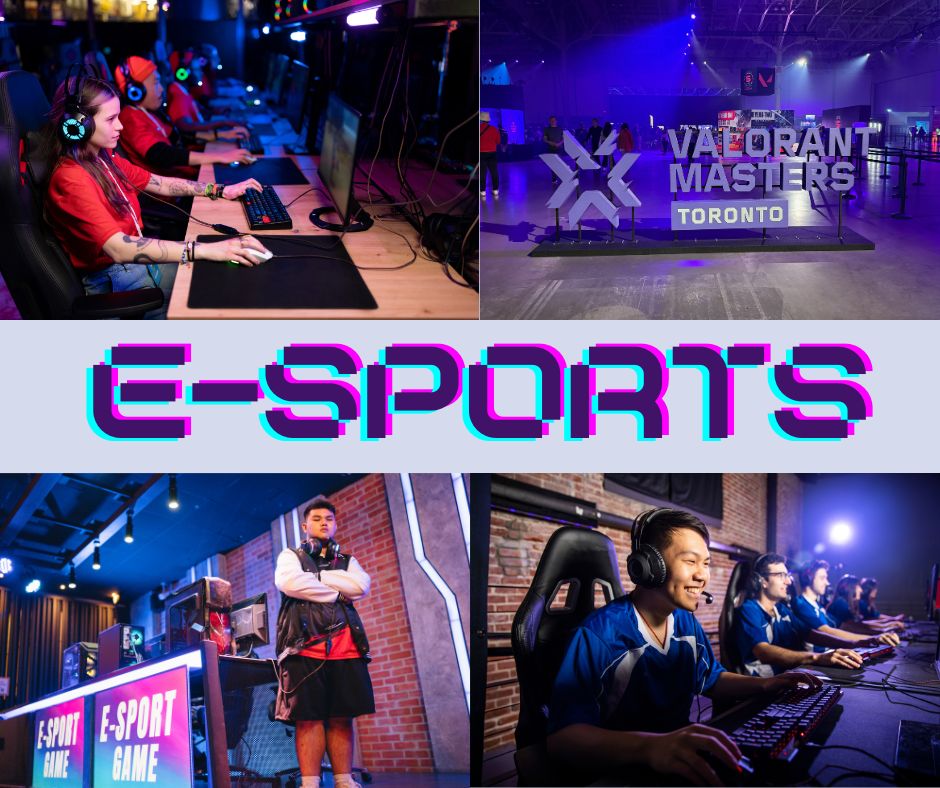
Why You Should Learn Computer Coding This Summer
Posted April 12, 2019, 5:00 pm by
When I decided to be an English major in college, a lot of people told me I was crazy. They’d ask, “What do you want to do with your life?” I didn’t know; I just liked books and writing. As time went on, I realized that course after course full of non-stop essays was giving me a skill students outside of my major lacked: written communication. More specifically, academic papers taught me how to change up syntax, engage with new ideas, and mae thoughtful arguments instead of summaries.
What does this have to do with coding? Not to be cheesy, but everything. Coding is a language. Just like speaking English won’t make you Shakespeare, knowing a programming language won’t make you a great coder. It’s what you do with that language, how you wield it, that makes it a valuable skill.
Whether you are an aspiring computer scientist or simply want to learn more about the systems that make much of our world tick, a summer coding program can help you learn the basics or hone your skills. So why should you spend some of your valuable summer at a computer screen?
Coding teaches creativity and problem-solving
Coding is the arrangement and use of algorithms to accomplish a specific task. Knowing how to code isn’t just knowing the algorithms, it’s knowing which to use and when and where to use them. That’s why knowing how to code can be useful outside of tech-specific spaces; it teaches you to think creatively.
Coding is, at its core, about problem-solving. It teaches you to work smart before you work hard. It can show you new ways of identifying problems and new ways of approaching their fixes. It’s the ultimate crash course in attention to detail; just one misplaced punctuation mark can make the difference between disaster and triumph.
Coding can be useful in many fields
Coding can be important outside of the tech field, too. Working on a new marketing campaign? Programming can help you set up the framework for the landing page, or communicate to your developer in terms you’re both familiar with.
With even a base knowledge of the appropriate programming language, you can tackle quick-fixes without help. Starting your own business? Building your website gives you control over the image and effectiveness of the site. Even free platforms like Wordpress let you use your own code to tweak or rehaul their available templates.
Even if you think of yourself as completely dedicated to the humanities, coding could be beneficial. Digital Humanities is a growing academic world that aims to prove a common ground between, well, technology and the humanities. There are databases being built and populated by literary scholars adapting hundred-year old texts to be searchable PDFs from not just their content, but their formatting, allowing researchers to track on a wider scale, for example, use of italics by subject or diction through time or region.
The world is always moving forward and the technology industry continues to move the fastest. Whether you want to do it professionally or just get a passing knowledge to bridge the gap between your field and another, coding can be the tool that makes it work. Even if coding is not something you build your life around, it is a skill that will be woven into your success.
Blog Categories
- Career Advice
- College Admissions
- Colleges & Universities
- Financial Aid and Scholarships
- For Counselors
- For Parents
- For Students
- Gap Years
- Mental Health and Wellness
- Online Learning
- Performing and Visual Arts
- STEM Majors and More
- Summer Programs
- Teen Volunteering
- Trade & Vocational Schools
- Tutoring & Test Prep

Organization with listings on TeenLife? Login here
Register for Free
We’re here to help you find your best-fit teen-centered academic and enrichment opportunities.
Forgot Password
"*" indicates required fields








